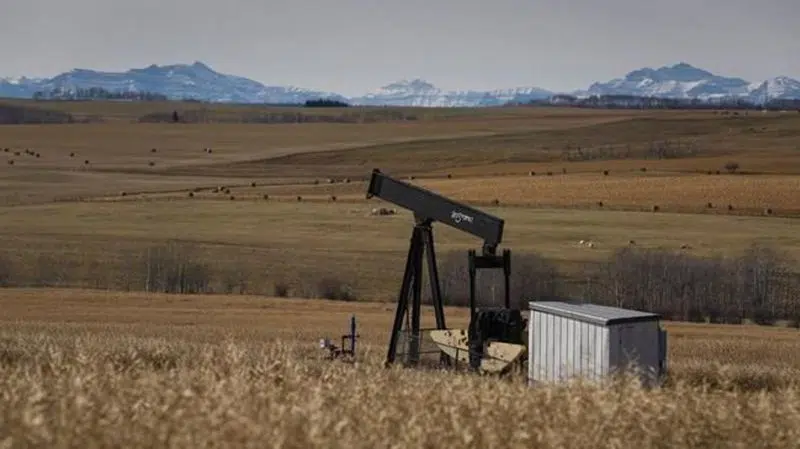
Alberta government promising to fix rules on aging energy wells
EDMONTON — A group tasked with cleaning up thousands of abandoned energy sites in Alberta says the province’s rules for ensuring polluters reclaim their wells before selling them off are inadequate.
The industry-funded Orphan Well Association made the criticism in a letter to Alberta’s energy regulator, which is considering a proposed transfer of hundreds of toxic gas wells, pipelines and other facilities from an energy giant to a much smaller company.
“The (association) has seen a dramatic increase in the number of orphan properties over the last several years and we believe part of the issue stems from a historically inadequate assessment of the transfer risks,” says the Dec. 5 letter from association head Lars DePauw.
“The (association) believes that the current regulatory system for assessing the overall financial viability of asset transfers is not adequate and needs to be augmented.”


